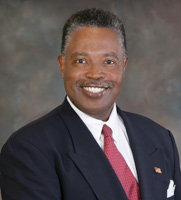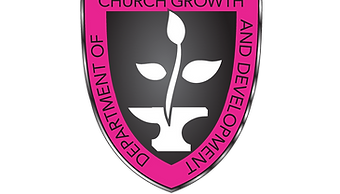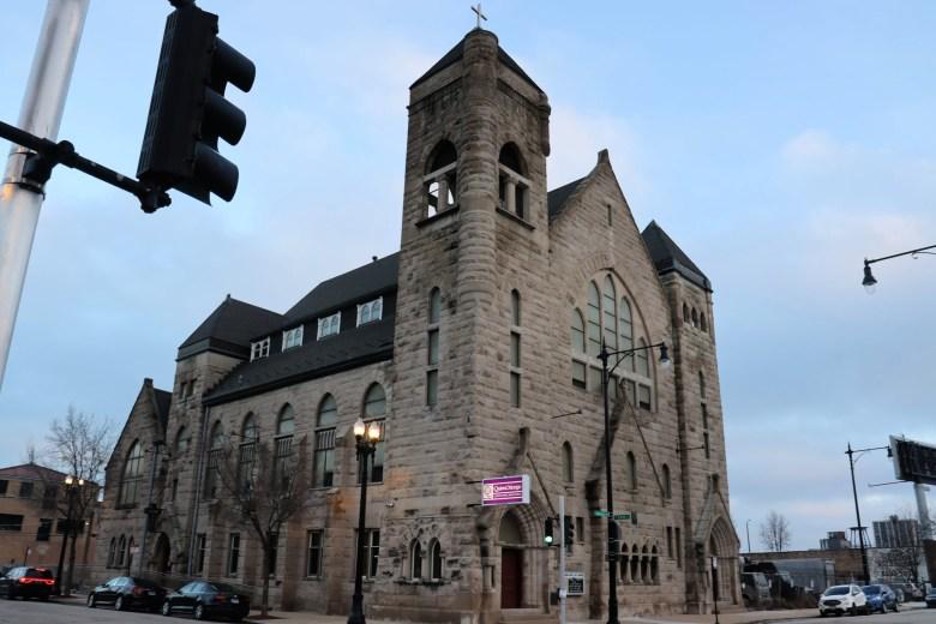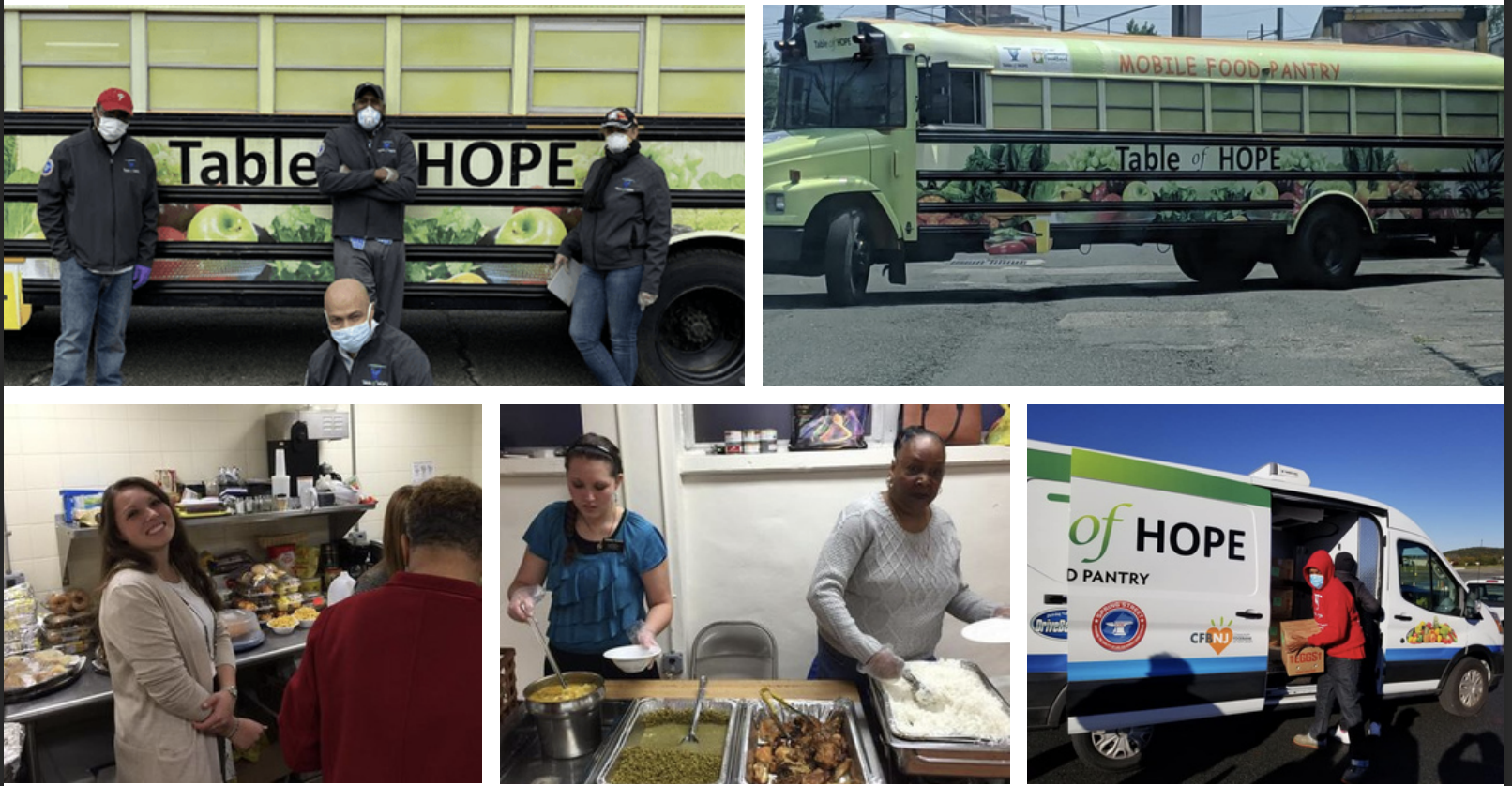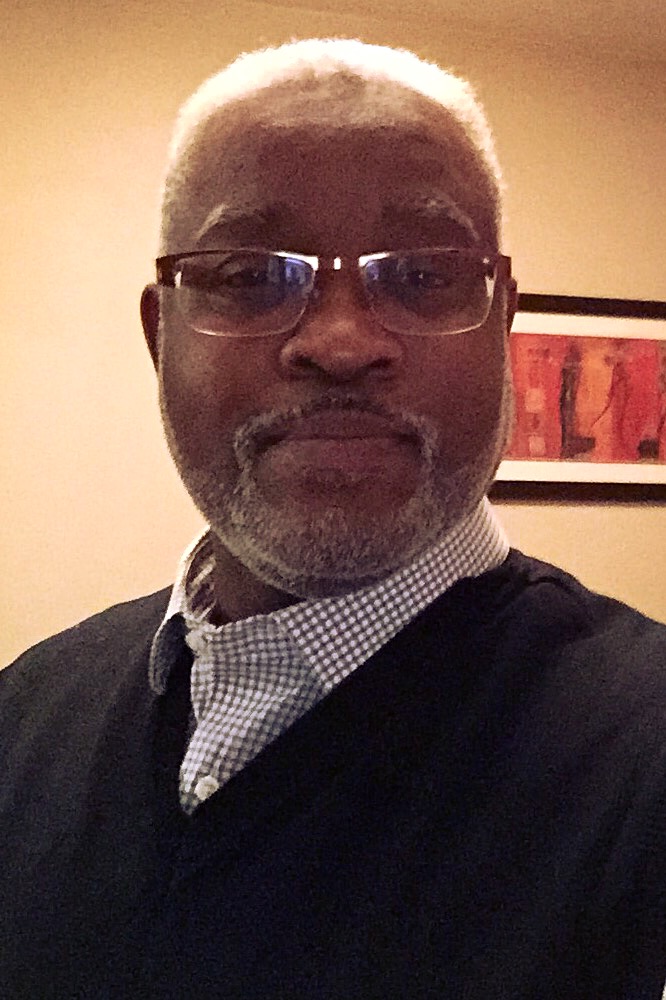By James B. Ewers Jr., Ed.D., Columnist
Black History was in my neighborhood in Winston-Salem, North Carolina. Men and women who looked like me were successful and were role models for us. However, I suspect that we may not have realized its importance because we saw it every day. Competent and compassionate people were on my block, and even with their success, they always had time for us. They inspired us so that we could have aspirations.
Being a certified senior citizen, I can recall my elementary school celebrating Black History Week. Black History Week became Black History Month in 1970. The first celebration of Black History Month took place at Kent State University in Ohio. For the five days of Black History Week, we had guest speakers and read stories about famous Black men and women. Other celebratory events occurred in schools, places of worship, and community centers. We learned a lot and asked a lot of questions.
Upon reflection, there were a few firsts in Winston-Salem involving Black people and Black History. One of the firsts occurred in my house. My dad, Dr. James B. Ewers, was the first Jamaican dentist in the city and one of only a few in North Carolina. He was well respected in the community and always had a kind word for people. His accent was rich, so strangers had to listen carefully. He was a graduate of Howard University’s School of Dentistry. He was a proud Howard alumnus and talked fondly about the relationships he formed at the school. Because of him, I took part in my graduate school classes there.
There was a black-owned bus company in Winston-Salem. During my formative years, I saw those buses with Black people on them every day. We were bus passengers only on Safe Bus. The times required it. What I did not know was the history behind the Safe Bus Company.
The Safe Bus Company was the first Black bus company in North Carolina. Others followed in nearby cities, but Safe Bus led the way. There was a period when Safe Bus was the largest Black-owned transportation company globally. Thirteen Black men put their life savings into forming the Safe Bus Company. Archival records show that the company carried 12,000 fares a day, grossed $10,000 a week, and had 75 employees at its peak. They operated in Winston-Salem from 1926 to 1972. They had 35 buses.
One of the employees was my uncle, Mr. Nathaniel Holland. I called him Uncle Pap. I can remember standing at the corner across from Atkins High School at the bus stop. He would motion to me and say, “Jimmy, get on.” Those were the days.
Safe Bus Company hired its first Black woman driver in 1966. Her name was Priscilla Estelle Stephens. At the time of her hiring, she was only 20 years of age. That was significant given this period in our history. To give a Black woman that kind of opportunity and support said a lot about the Safe Bus Company.
Cassandra Greene Miller, daughter of Safe Bus president Buster Greene, was quoted in Our State Magazine as saying, “Many people say that segregation gave birth to Safe Bus and integration ended it.” Reports say that in 1972, the Winston-Salem Transit Authority purchased the assets of the Safe Bus Company, and it became a part of the city-run department.
There are historic stories about African Americans in our communities. Just do some research, and you will find them. Black History is being made each day in our nation and on our streets. Our moral obligation is to pass this history on to the next generation.

